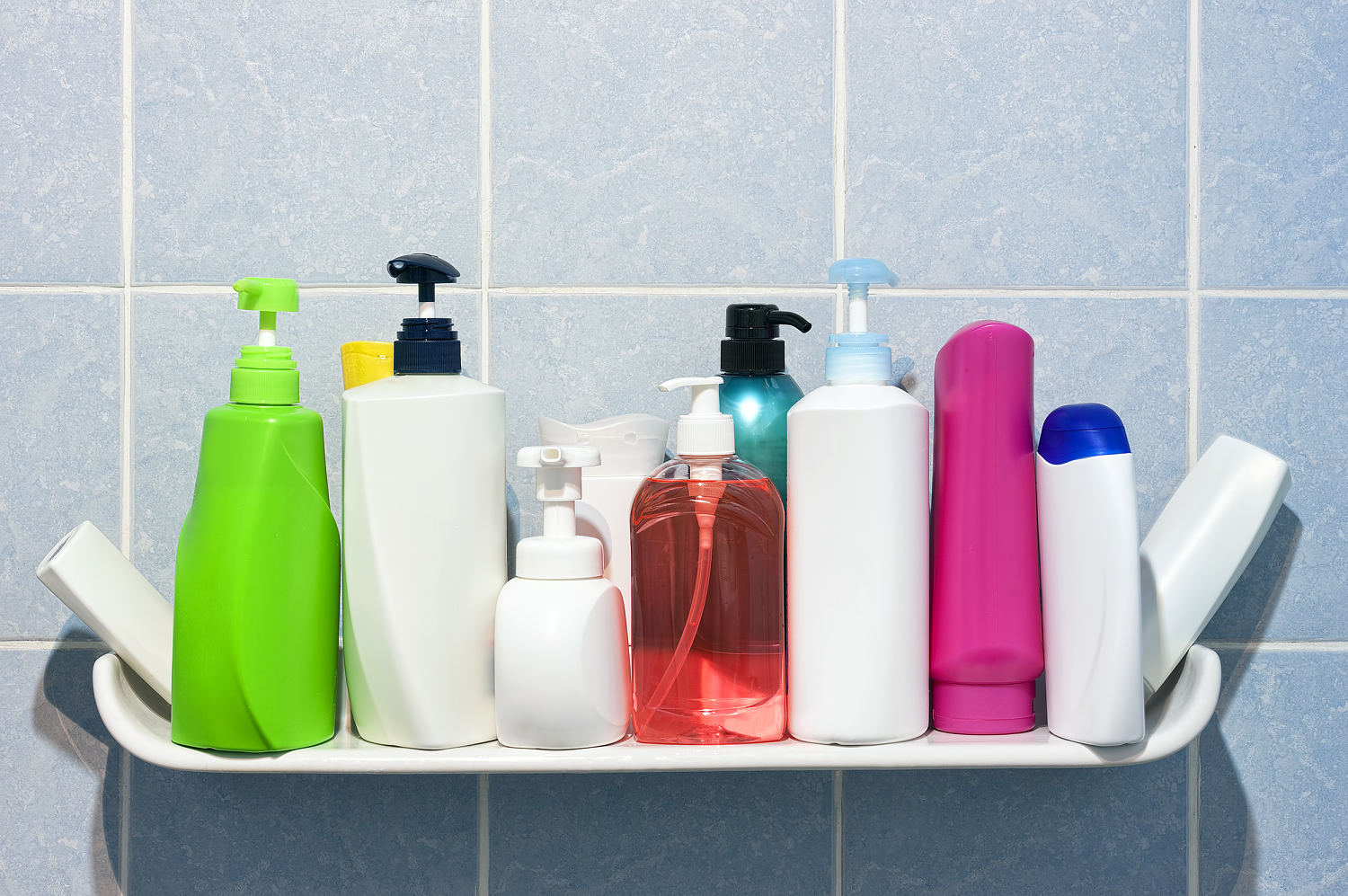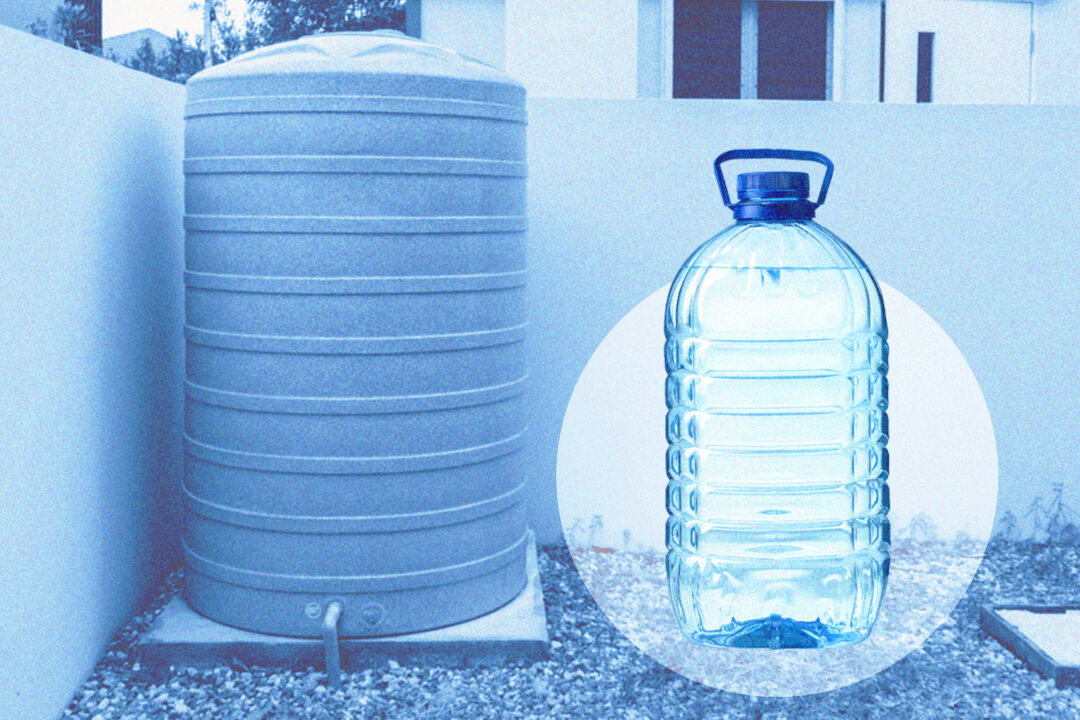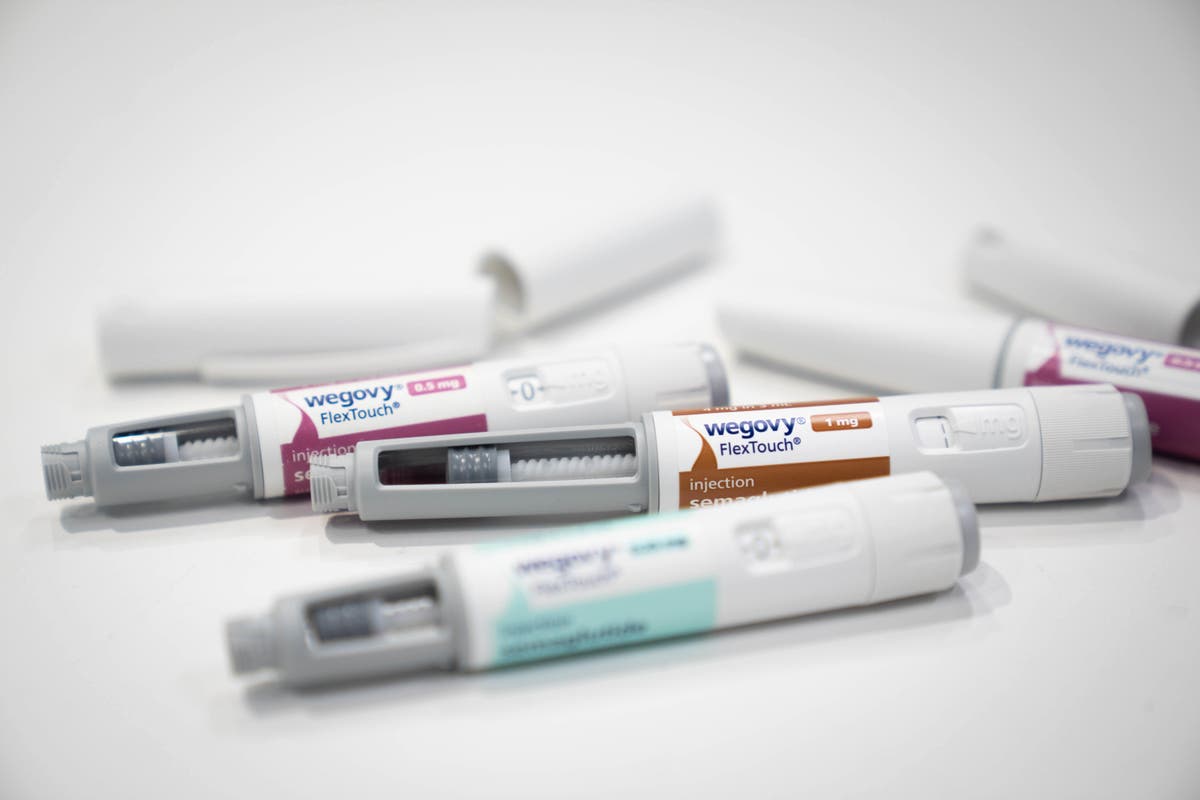
Whether your hair tends to be straight and greasy, or curly and dry, finding the healthiest shampoo will help your strands reach their full potential. Yes, your hair will keep your hair and scalp clean, dermatologists say, but the benefits go beyond that. "Not only does the scalp contain hair follicles, but it also has sebaceous glands, which make the oil in our hair," Dr.
Zakia Rahman, clinical professor of dermatology at Stanford Medicine, tells TODAY.com. If we don't cleanse the scalp on a routine basis, that oil can build up and become "an all-you-can-eat buffet for the bacteria and fungi that live on the surface of the scalp," Rahman explains.

That's where shampoo comes in. In addition to oil, shampoo helps remove sweat and environmental pollutants from the scalp and hair, Dr. Shari Lipner, associate professor of clinical dermatology at the Weill Cornell Medical Center, tells TODAY.
com. Shampoo also helps remove "the kinds of things we apply to our hair, such as sprays, lotions and oils," she adds. While the job of shampoo may be relatively straightforward, finding the healthiest shampoo for your particular hair can be a challenge.
Your hair and scalp type, as well as certain conditions like scalp psoriasis or dandruff, should all factor in to your choice of shampoo, the experts say. You should choose a shampoo that's designed to work for your hair type, such as straight, fine or curly, the explains. So, to find the healthiest shampoo for you, you'll first need to observe your hair and scalp to know what you need, the experts say.
In general, Lipner recommends thinking about shampoo in terms of its cleansing ingredients: These are mainly sulfates, Lipner says, and they're very effective at removing oil and sweat from the scalp and hair. While these are generally the best at cleaning, they can cause the scalp and hair to feel dry or rough if used too frequently, the experts say. These ingredients may not be as effective at cleaning or lathering as anionic detergents, but "they give the hair softness and make the hair very manageable," Lipner explains.
That makes cationic detergents a better choice for folks with hair. A common cationic surfactant in shampoo is cetyltrimethylammonium chloride, Lipner says. You can also find these ingredients in and conditioning shampoos.
Amphoteric detergents are often used in gentle shampoos and even baby shampoos. They clean and lather well and don't sting your eyes, Lipner says. On an ingredients list, you'll see amphoteric detergents listed as betaines and derivatives of imadazolium, Lipner says.
There are a few ingredients in shampoos designed specifically to help manage Rahman explains. Those ingredients generally target malaessezia, a type of yeast (fungus) that occurs naturally on our scalp. When that yeast gets out of hand, it can cause dandruff.
Dandruff can be considered the mildest form of seborrheic dermatitis, the AAD says. This condition is linked to , Rahman explains, and treating underlying seborrheic dermatitis can sometimes help reverse the hair loss. When looking for , the experts recommend looking out for common ingredients like zinc pyrithione, salicylic acid, ketoconazole and selenium sulfide.
There really isn't a one-size-fits-all , Lipner says, because it depends on your individual scalp and hair type, your behaviors (like how often you work out) and the hair products you use. In general, though, "people with oily scalps are going to want to wash their hair daily," she says. If you wash your hair and find that your scalp feels oily or like it has buildup the very next day, you probably have an oilier scalp, Lipner says.
On the other hand, those with dry scalps may only need to wash their hair a few times a week, once a week or once every few weeks. Looking at the hair itself, "people with straight hair generally could wash their hair every day," Lipner says. "For people with more curly hair or wavy hair, they're going to want to wash their hair less often.
" Sulfates, such as sodium-laurel-sulfate (SLS), are common a type of surfactant found in shampoo. That means these compounds cleanse and remove dirt, oil and product from your scalp and hair. "We actually need (sulfates in shampoo) because those are the surfactants that that get in and break apart the oil," Rahman explains.
Sulfates have gotten a lot of attention in recent years with claims circulating on social media that they may be carcinogenic. While the carcinogen claims , as TODAY.com explained previously, there are reasons for some people to avoid or minimize the use of sulfates in shampoo.
The main concern these days is that the ingredients may cause scalp irritation, Rahman says. While surfactants are necessary to clean, "if they're left on the surface of our scalp, that's when they cause irritation," she says. (Those with sensitive scalps may want to , experts told TODAY.
com previously.) When used frequently, sulfate-containing shampoos may leave your hair feeling rough, dull, frizzy and easily tangled, Lipner says. And for people who have chemically treated hair or colored hair, sulfates may strip the color, she adds.
That's why both experts suggest alternating your shampoos every once in a while. For her patients with dandruff, for instance, Rahman recommends using their anti-dandruff shampoo only once a week to keep the hair from drying out. And, of course, shampoo is only one part of the equation — most of us will need a moisturizing conditioner alongside our shampoo, Rahman says.
.














